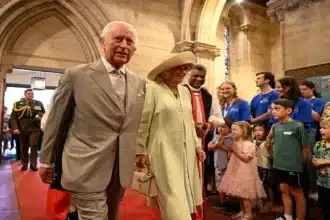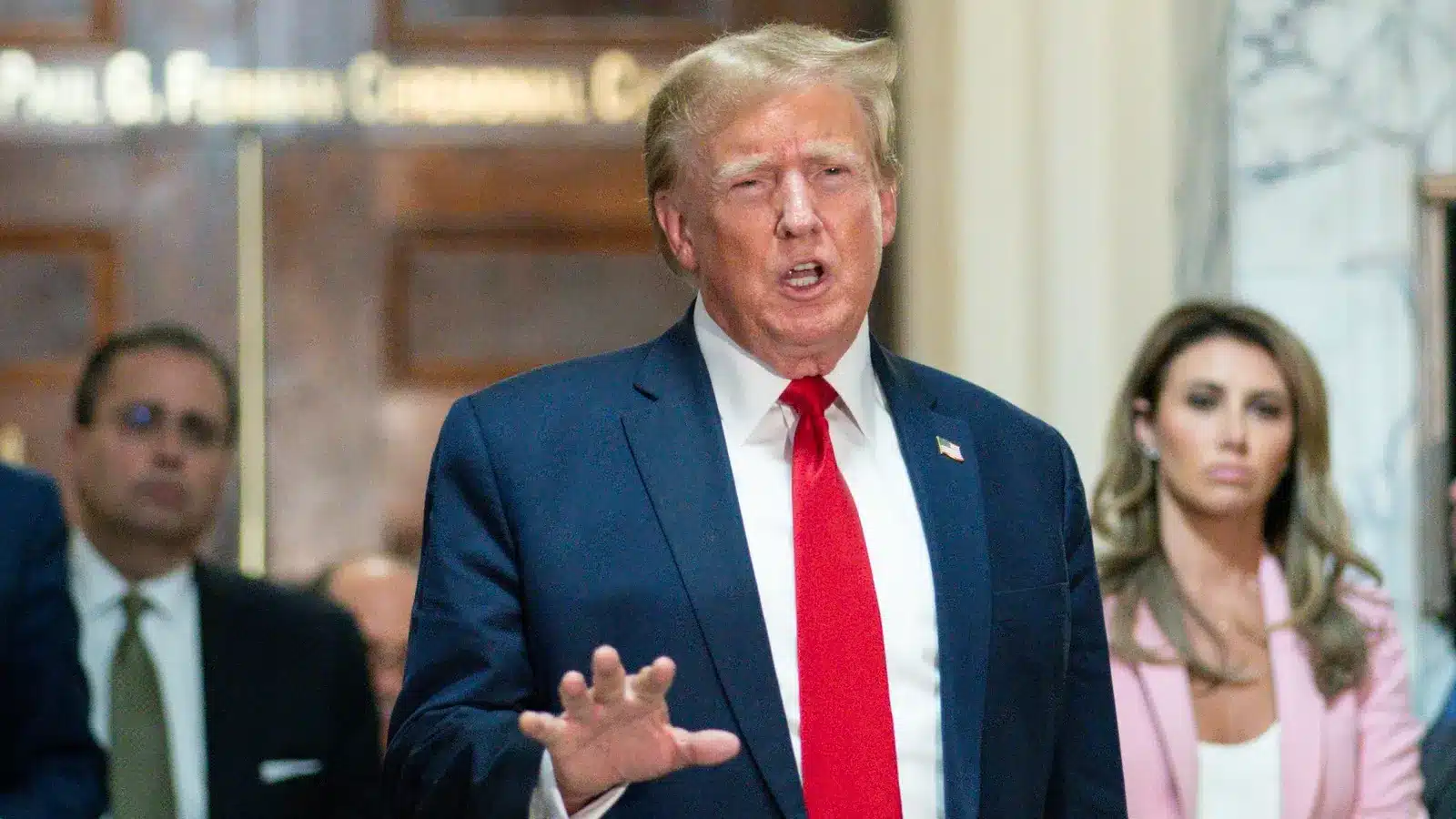The ongoing budget impasse in the United States Congress has caused significant delays in the crucial funding for three U.S.-allied Pacific Island nations: Palau, the Marshall Islands, and the Federated States of Micronesia. These delays have raised concerns among their leaders about increased susceptibility to influence from China, particularly regarding the sensitive issue of Taiwan. These three nations, former U.S.-administered trust territories, have evolved into independent states that maintain close ties with the U.S. through Compacts of Free Association (COFA). These agreements provide the U.S. with exclusive military access to a strategic expanse of the Pacific, larger than the continental U.S., in exchange for economic assistance and defense guarantees. This arrangement is crucial at a time when the U.S. and China are vying for dominance in this strategically vital region.
Despite bipartisan support, the $7.1 billion funding required for implementing the security compacts renewed for another 20 years last May, which were supposed to commence on October 1, remains unapproved by Congress. The leaders of the three nations, in a joint letter sent to multiple senators, expressed that this delay has not only generated uncertainty but also opened doors for economic exploitation by other political actors active in the Pacific, hinting at China’s increasing influence.
The impasse in Congress stems from disputes over an emergency supplemental budget request that encompasses assistance for Israel, Ukraine, and Taiwan, claimed by Beijing. The request’s approval has been hindered by Republicans, who demand it also address U.S. border security with Mexico. As a result, the funding for the Pacific Island nations, initially included in earlier drafts of the budget request, was omitted at the last minute, creating economic uncertainty, especially for Palau, which had already been grappling with declining tourism before the Covid-19 pandemic.
Also Read: From Hotel Guest to Building Owner: NYC Man’s 5-Year ‘Free Stay’ Saga Ends with a Twist
The delay in funding has broader implications, potentially making China appear as a more credible partner in the region. Palau’s President Surangel Whipps, Jr. noted that Chinese investors are actively making promises in the region, suggesting an effort by the Chinese Communist Party (CCP) to undermine Palauan confidence in their relationship with the U.S. This scenario is not unique to Palau; it reflects a larger strategy by China to isolate Taiwan internationally and win over its remaining allies in the Asia-Pacific region, which includes Palau, the Marshall Islands, and Tuvalu.
The U.S. has taken steps to counter China’s influence in the Indo-Pacific, including announcing an Indo-Pacific economic pact and hosting summits with Pacific Island leaders. The Biden administration has also moved to establish or reopen U.S. embassies in countries where China has a presence, signaling a commitment to maintaining influence in the region. However, without the funding for the security compacts, it is estimated that it would cost the U.S. $100 billion a year to secure the same area of the Pacific on its own.
Also Read: Hotel Hustle: NYC Man’s Five-Year Free Stay Ends with an Ownership Claim
The situation underscores the strategic importance of the Pacific Island nations to U.S. interests in the Indo-Pacific region and highlights the complexities of international relations in an era of great power competition. The delay in funding not only threatens the economic stability of these nations but also poses a challenge to the U.S.’s strategic position in the Pacific, emphasizing the urgent need for Congress to resolve the budget impasse and ensure the continuation of the COFA agreements.



